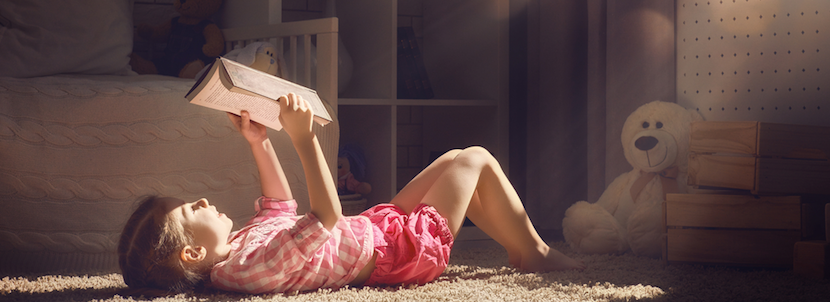
“Grandad, you can’t use a girl’s mug!” This was the reaction of my six-year-old niece, referring to a flowery Cath Kidston mug my Dad had selected for his morning coffee. Even at this young age children have developed a fixed idea of gender. Last week the BBC aired a documentary called No More Boys and Girls: Can Our Kids Go Gender Free?, exploring the idea of creating a gender-neutral classroom for a class of 7-year-olds, following shocking insights into what girls and boys believe to be true about gender.
The documentary was eye-opening for me. It brought tears to my eyes a couple of times. But more than anything, my main reaction was anger. To see little girls tentatively suggesting that boys are cleverer, and should be in charge, and that girls are good at wearing dresses and lipstick, is heart-breaking. And the boys were in agreement. That these sexist beliefs are firmly entrenched in the minds of 7-year-olds is frightening. What on earth can we expect for these girls as they continue through school and on into adulthood? These beliefs are only going to be compounded due to the portrayal of women in books, films, adverts, tv, magazines, toys, and their own life experiences.
As an adult female in my thirties, this makes me furious, and is also a revelation. No wonder I see such a lack of confidence, self-esteem and assertiveness amongst my female friends and in myself. We have got to address this as early as possible if we are going to make any sort of progress.
If 7-year-old girls can be exposed to amazing strong female role models, regularly, surely this could have a significant, positive influence? Surely normalising females as being strong, brave, intelligent, inventive leaders, will have lasting impact. I think it’s equally important that young 7-year-old boys are exposed to these female role models too – breaking down the beliefs that girls are weak, need to be protected and looked after and are less intelligent.
One tool we can use to address this issue, as touched upon in the documentary, is books. Books are so important; they play such a decisive role in developing our awareness of the world – the possibilities, the realities, the dreams. Through books and reading, children learn that a female character can be at the centre of the story, she can be clever, she can be courageous, she can lead, she can be or do anything.
Children have to be made aware that female protagonists aren’t limited to pretty princesses waiting to be saved, or evil lonely old witches plotting to get revenge on the beautiful young usurper. The female protagonist can save the prince. The female protagonist can work as a doctor, or a scientist or an astronaut. The young female lead character can be sent out on an adventure quest to save the world.
In the documentary, we saw that the books in the class library hadn’t been sorted through in a long time. The time had come to really look at the balance of gender as portrayed in the characters in the books, and make sure there were as many strong female protagonists as male. And the result? The children – the girls and the boys - loved the new books. They loved reading about a strong action heroine. And why wouldn’t they?
If we make this change in our schools, maybe little girls and boys will go to sleep dreaming of female adventurers, female explorers, female presidents and female astronauts. Maybe, little by little, their perception of gender and opportunities out there in the world will change. For the better.









